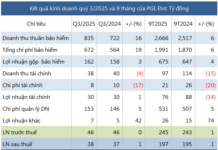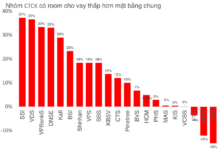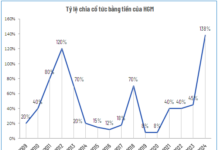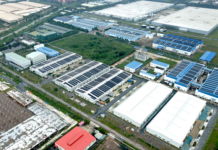
Illustrative Image
Major crude oil producers in the Middle East, including Saudi Arabia and Iraq, have fully allocated their long-term contracted crude oil volumes to Indian refineries for December, while also offering additional optional volumes. This information was disclosed by three industry sources from Indian refineries on November 12.
This move comes amid rising demand for Middle Eastern crude oil in India, as refineries in the country have curtailed purchases of Russian oil due to new Western sanctions.
Last month, the UK, the European Union (EU), and the US expanded their sanctions list to include two major Russian oil companies, Rosneft and Lukoil. These measures have disrupted Russian crude oil trade, forcing many customers in India and China to suspend transactions to avoid legal risks.
According to the sources, Indian refineries have received their full requested volumes of crude oil from Saudi Arabia and Iraq, the two largest suppliers within the Organization of the Petroleum Exporting Countries (OPEC). Some refineries have even received increased allocations from Iraq compared to the previous month.
Additionally, Kuwait Petroleum has increased its supply to India in November and December to meet the growing import demand of this South Asian nation.
An industry source noted that Middle Eastern suppliers currently have ample oil reserves and are ready to provide additional supplies to Indian customers. Recent reductions in official selling prices (OSP) by Saudi Aramco and SOMO (Iraq’s State Oil Marketing Organization) have also encouraged Indian refineries to seek new contracts.
Since the new sanctions took effect, India has expanded its imports from the Middle East, Iraq, and the US spot market to diversify its supply sources and ensure energy security amid global geopolitical volatility.
Beyond India, Yanchang Petroleum, a refinery backed by China’s Shaanxi provincial government, has avoided purchasing Russian crude oil in its latest tender for shipments from December 2025 to mid-February 2026.
According to sources, Yanchang is a regular buyer of Russian oil, typically purchasing one cargo per month, primarily ESPO crude exported from the Russian Far East or Sokol crude.
Yanchang Petroleum has a processing capacity of approximately 348,000 barrels of crude oil per day, making it one of the largest refineries in inland China. The company holds an annual crude oil import quota of 3.6 million tons, equivalent to about 26 million barrels, primarily through Tianjin Port, where oil is transported by rail to its refining facility in Shaanxi.
Yanchang’s decision to halt Russian oil purchases reflects the growing caution among Chinese enterprises in response to new sanctions pressures, while also demonstrating Beijing’s flexibility in adjusting its energy import strategy during a period of significant uncertainty.
Source: ET, Reuters
‘Ditching’ Russian Oil, BRICS Nation Immediately Finds New Crude Savior: Finalizes Deal for Over 2 Million Barrels, Africa’s Largest Oil Field
“A massive influx of over 2 million barrels of oil is set to grace Indian ports between September and October 2025. This highly anticipated shipment from an African nation is poised to make a significant impact on the energy landscape in India and beyond. With each barrel holding the promise of power and potential, this delivery is sure to be a game-changer.”









































